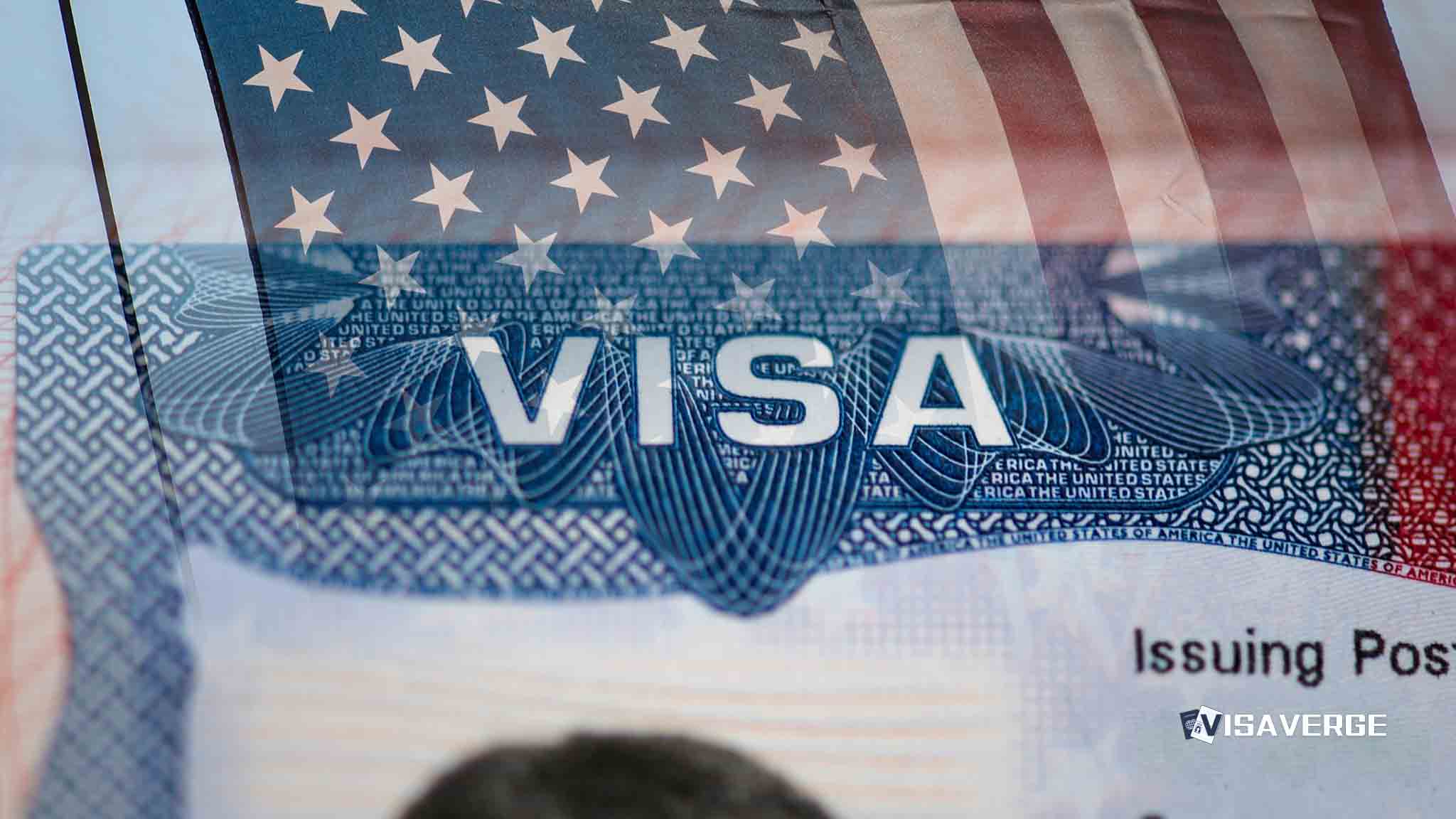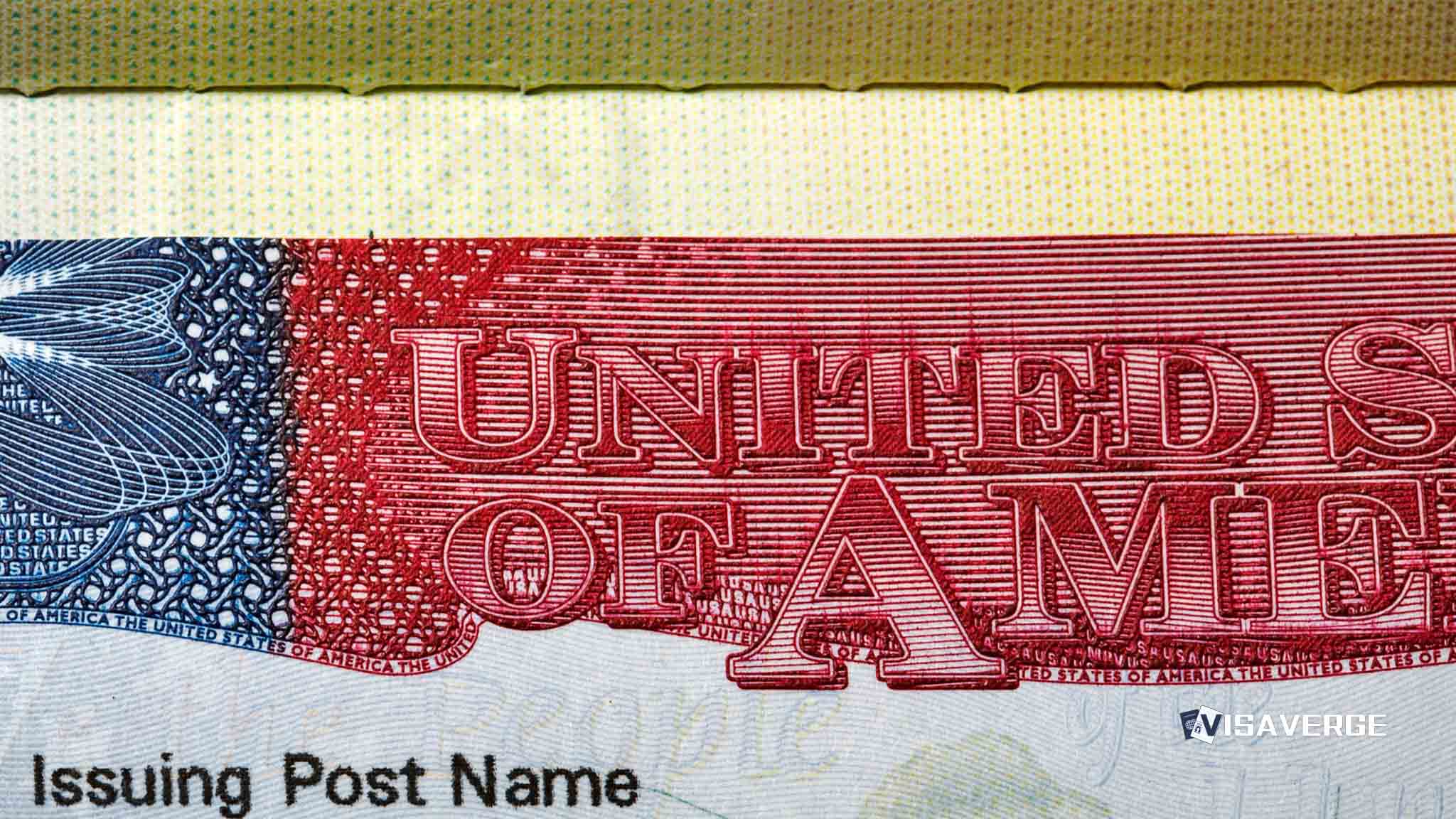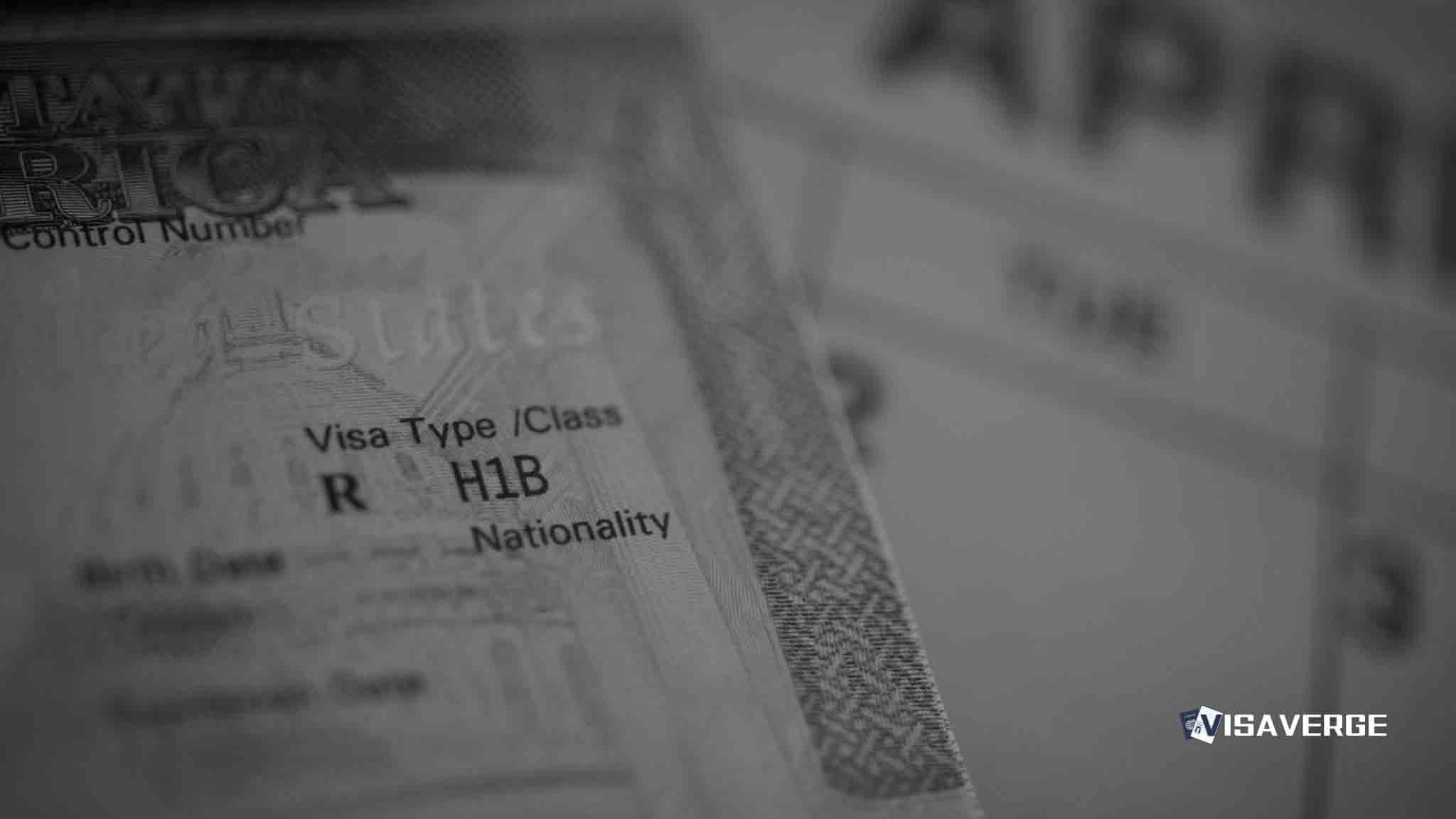Understanding O-1 Visa Tax Obligations
If you’re in the United States working under an O-1 visa, it’s essential to understand the tax implications of your employment. The O-1 visa is a non-immigrant visa for individuals who possess extraordinary ability in the sciences, arts, education, business, or athletics, or who have a demonstrated record of extraordinary achievement in the motion picture or television industry.
Tax Residency Status
First and foremost, your tax obligations in the U.S. largely depend on your tax residency status. As an O-1 visa holder, you will be considered a resident alien for tax purposes if you meet the substantial presence test. This test calculates the number of days you are present in the U.S. during a three-year period. If you’re in the country for at least 31 days during the current year and 183 days during a three-year period (which includes the current year and the two years immediately before that), you pass the test and are considered a tax resident.
Reporting and Paying Federal Income Tax
As a tax resident, you are required to report your income to the Internal Revenue Service (IRS) and pay federal income tax on your worldwide income. This includes:
- Wages and compensation for services
- Interest, dividends, and royalties
- Rental income
- Gains from the sale of assets

To report your income, you will need to file a Form 1040, U.S. Individual Income Tax Return, each year. The deadline for filing is typically April 15 for income earned in the previous calendar year.
State and Local Taxes
In addition to federal taxes, you may also be subject to state and local taxes, which vary depending on where you live and work in the United States. Each state has its own taxation system, and some cities also impose taxes on income. Be sure to check the tax laws of your specific state and city to understand your tax responsibilities.
Social Security and Medicare Taxes
Another important consideration is whether you are subject to Social Security and Medicare taxes, commonly known as FICA taxes. Certain non-resident aliens and those in specific visa categories are exempt from FICA taxes, but as a resident alien, you are generally required to pay these taxes on your earnings.
Income Tax Treaties
The United States has income tax treaties with many countries, which may provide certain benefits, such as reduced tax rates or exemptions from tax for residents of those countries. Check if there is a tax treaty between the U.S. and your country of residence and if it provides any specific benefits or relief for O-1 visa holders.
Professional Advice and Resources
Navigating U.S. tax laws can be complex, and it’s often beneficial to seek professional tax advice, especially when dealing with international and immigration-related tax issues. Additionally, you can consult the IRS website for more information on tax filing requirements and guidance for international taxpayers.
Conclusion
Understanding your tax obligations in the U.S. as an O-1 visa holder is crucial to ensure compliance with the law and avoid any potential issues with the IRS. By familiarizing yourself with the U.S. tax system, including the substantial presence test, federal and state tax filings, FICA obligations, and the potential benefits of income tax treaties, you can better manage your tax affairs while working in the States.
Remember: it’s essential to keep up-to-date with the latest changes in immigration and tax laws, as these can impact your tax responsibilities. Keep a clear record of your income and taxation documents, seek professional advice when needed, and check official resources for the most accurate and current information.
So, there you have it, folks! Understanding your tax obligations as an O-1 visa holder doesn’t have to be as hard as understanding why cats always land on their feet. Just remember the rules for tax residency, file that Form 1040, and keep an eye out for any income tax treaties that can save you some green. And hey, if you want even more tips and tricks for navigating the ins and outs of visa stuff, check out visaverge.com. Happy tax season, my tech-loving amigos!
FAQ’s to know:
FAQ 1: What are the tax obligations for O-1 visa holders in the United States?
Answer: O-1 visa holders in the United States have tax obligations that depend on their tax residency status. If they meet the substantial presence test, which calculates the number of days they are present in the U.S. over a three-year period, they will be considered tax residents. As tax residents, they are required to report their worldwide income to the IRS and pay federal income tax on various types of income, such as wages, interest, dividends, and rental income.
FAQ 2: Do O-1 visa holders need to pay state and local taxes?
Answer: Yes, O-1 visa holders may be subject to state and local taxes. Each state has its own tax system, and some cities impose additional taxes on income. It’s important for O-1 visa holders to check the tax laws of their specific state and city to understand their tax responsibilities. State and local taxes vary, and compliance is necessary to fulfill all tax obligations.
FAQ 3: Can O-1 visa holders benefit from income tax treaties?
Answer: O-1 visa holders should check if the U.S. has an income tax treaty with their country of residence. Income tax treaties can provide certain benefits, such as reduced tax rates or exemptions from tax for residents of those countries. O-1 visa holders should review the specifics of the tax treaty between their home country and the U.S. to determine if there are any provisions that apply to their tax situation. Consulting with a tax professional or referring to the IRS website can provide further guidance on specific tax treaty benefits.
What did you learn? Answer below to know:
- True or False: As an O-1 visa holder, your tax residency status in the United States is determined by the number of days you are present in the country during a three-year period.
- Which form should an O-1 visa holder file to report their income and pay federal income tax in the United States?
- A) Form 1040EZ
- B) Form 1040NR
- C) Form 1040A
- D) Form 1040 (U.S. Individual Income Tax Return)
- What should an O-1 visa holder do if their country of residence has an income tax treaty with the United States?
- A) Ignore the treaty and follow standard U.S. tax regulations.
- B) Benefit from reduced tax rates or exemptions provided by the treaty.
- C) Consult with an immigration lawyer for legal advice.
- D) Apply for a different type of visa to avoid tax obligations.








